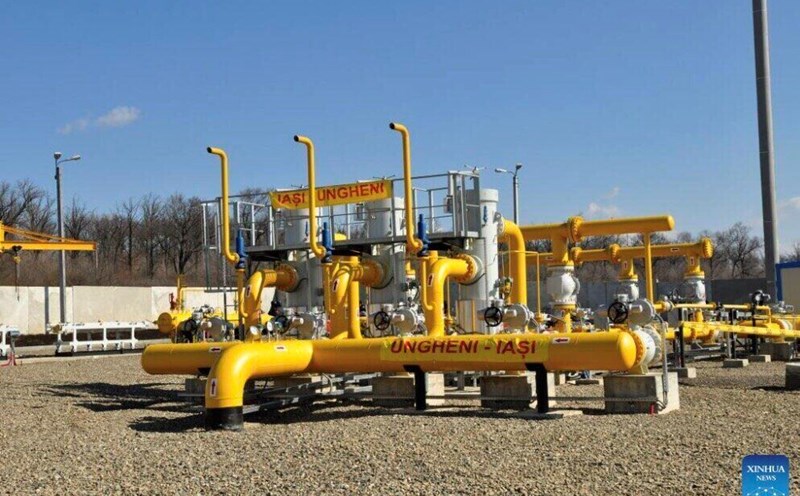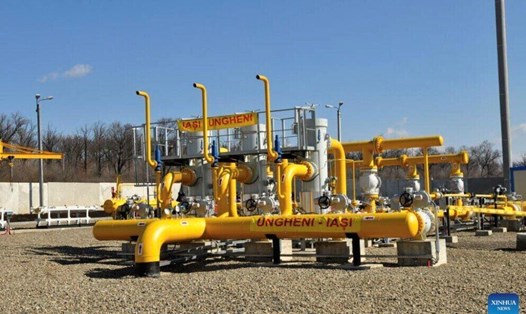"Moldova is committed to the norms of international law and the interests of its citizens, including those in the Transnistria region, in full compliance with the country's constitution," the Moldovan Foreign Ministry said in a statement posted on its Telegram channel.
The Foreign Ministry "reaffirms Moldova's commitment to a peaceful resolution of the Transnistria conflict by political means through negotiations".
Earlier, the Russian Foreign Ministry said that Moldova's statement about its intention to resolve the Transnistria issue peacefully did not inspire trust in the context of the country's increasing militarization.
"Russia will respond adequately to any provocations and will ensure the protection of Russian citizens and peacekeepers in Transnistria, as well as Russian special forces and military depots in the settlement of Cobasna," the Russian Foreign Ministry said in a statement.
Russian gas supplies were disrupted in early January after Ukraine stopped transiting Russian gas through its territory. Meanwhile, Chisinau refused to pay its gas debt to Russia, which Moscow estimates at $709 million.
Transnistria has no other gas source, so it has cut off the supply of hot water and central heating to households and shut down industrial enterprises. The Moldova power plant on the left bank of the Dniester River, which used to supply 80% of Moldova’s electricity needs, has switched to coal, with enough reserves to last until late January or mid-February. After the Moldova power plant stopped supplying Moldova, Chisinau was forced to buy more expensive electricity from Romania.









